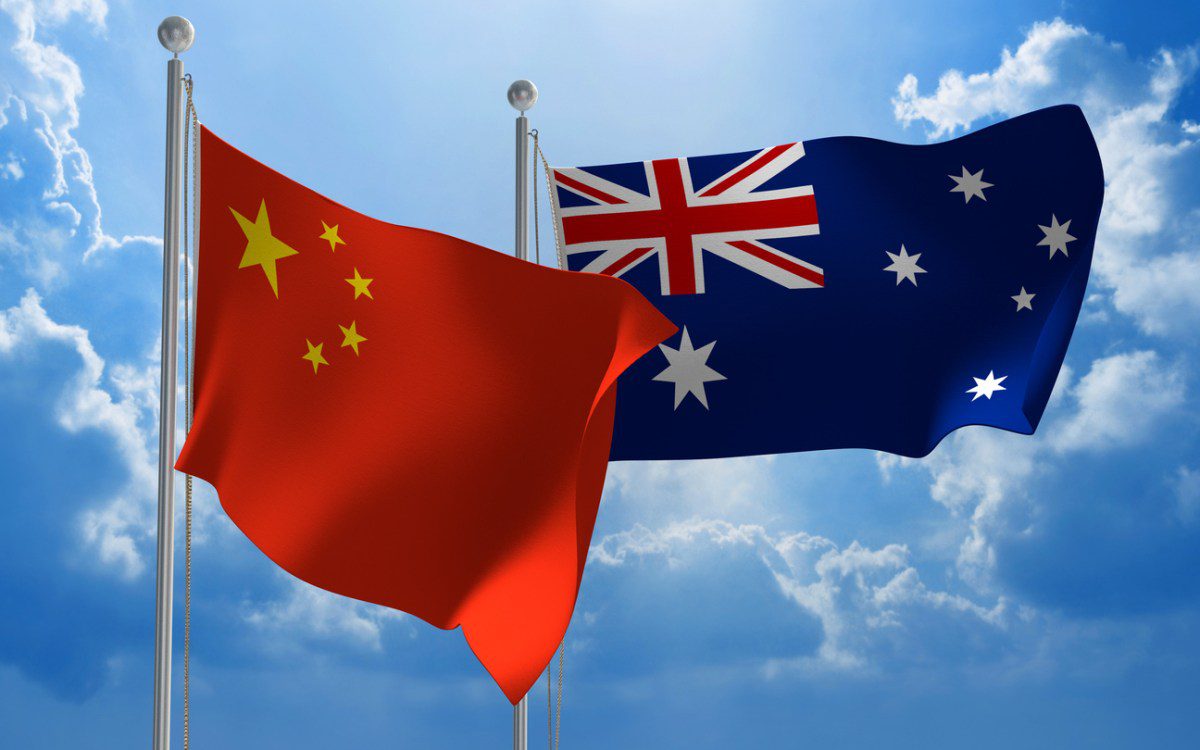Global Courant 2023-04-21 15:58:58
Australia’s lack of Asian literacy – and as a subcategory of Chinese literacy – has been recognized by successive federal governments for decades. Despite government investments to boost literacy in Asia, the result is abysmal.
a Report 2023 published by the Australian Academy of Humanities highlighted the steady decline of China studies in Australia, especially at universities. Students are increasingly choosing “to study China as a factor in international affairs, rather than the substantive Chinese content that helps us understand China on its own terms.”
At one university in particular, more postgraduate students “chose to study China in the context of international security studies than (had) chosen to study China’s history, politics, language or culture together.”
This should not surprise. After all, Australia has moved from the “Asian Age” to the Indo-Pacific region.
The “Australia in the Asian Century White Paper” released in 2012 emphasized the need to seize opportunities to connect with Asian countries such as China. ‘Indo-Pacific’, on the other hand, is a term specifically focused on security. It defines the region in terms of maritime flash points.
Instead of opportunities and cooperation, the focus is on threats and competition. As a result, Australia sees China through a lens focused only on security, with China often portrayed as the enemy in the national security community.
The decisions of Australian university students to choose international, strategic and security studies over the study of China’s history, language and culture are highly rational. The pay for language learning is low. Learning a language like Mandarin is extremely difficult for English speakers.
By the end of a four-year course, students would have done well if they could speak and read at an intermediate level. But it remains the case that knowledge of the Mandarin language is fundamental to an understanding of Chinese politics and society.
Being literate and knowledgeable about China may not be conducive to a university student’s career, especially in the Australian public service. Spending time living in China and having connections with people in China can lead to major delays in getting a security clearance. Long delays can even cause government departments to withdraw their offers and would-be graduates to remain unemployed.
Once in the public service, critical analyzes of developments in China may not be appreciated unless they advance the existing government narrative. This is not a problem limited to China’s expertise – just ask anyone who has worked on climate change under some former governments.
China is already seen as the ‘other’ in many Australian media and national security circles. Many people, including some policymakers in Canberra, are not only unable to understand China, but are increasingly unwilling to understand China on its own terms.
Those who take the trouble to explain to the public why certain developments are taking place in China or the rationale of the Chinese government are sometimes accused of being Chinese apologists or siding with the enemy.
Wild accusations are carelessly thrown. Strategic empathy – viewing problems from the perspective of another country or government – has been publicly demonized.
For example, last month political and international editor of The Sydney Morning Herald Peter Hartcher called former Prime Minister Paul Keating “the foremost apologist in Australia” for the Communist Party of China (CPC).
Articles about China that focus on geopolitical tensions and a possible war are published in Australian newspapers without much resistance. Sometimes China expertise is unwelcome when discussing wars with China and only national security expertise is considered necessary.
Journalists struggle to find a home for articles about China that are not directly related to geopolitics, such as gender equality or social movements, unless they contain speculation about regime change or links to the ills of the CPC.
The now withdrawn Crikey series on “China’s Queer Purge” links every evil from China back to the CPC, without mentioning the transphobia in society or the intervention of Chinese people advocating for change.
Seeing China only through a security lens is not in Australia’s national interest. The bilateral relationship is more than national security. It should be based on mutual understanding.
This does not mean that Australians have to agree with the Chinese government. On the contrary, a thorough knowledge of China’s history would help Australia refute some of the Chinese government’s false narratives.
A narrow safety lens can lead to a serious problem of groupthink. If you only have a hammer, you tend to see all problems as nails. The government can instinctively turn to security solutions when alternative options are available.
On a societal level, without understanding the social and cultural developments and multiplicity of voices in China, many Australians will see China as a monolith. The danger is that Australians only see the state and the party and lose sight of the people.
All this leads to more tensions and conflicts and less exchange and understanding.
This article was first published by East Asia Forum, which is based on the Crawford School of Public Policy within the College of Asia and the Pacific at the Australian National University. It has been republished under a Creative Commons license.
Similar:
Loading…








